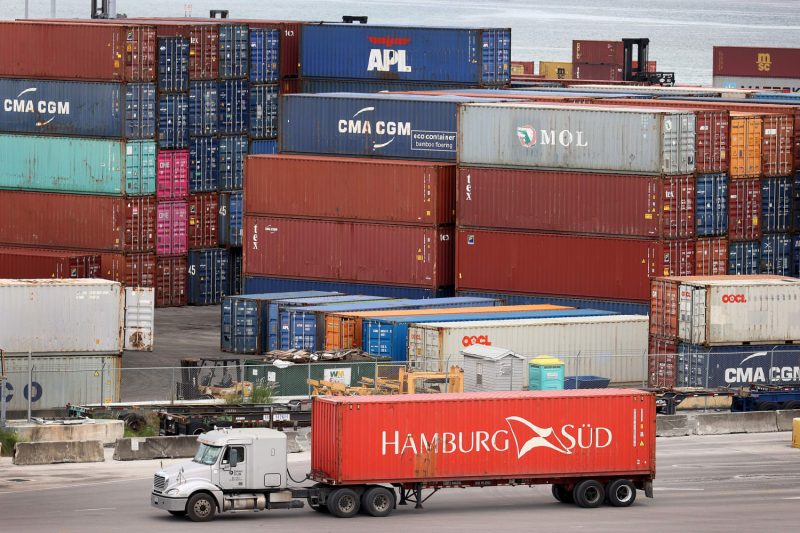In response to the potential strike by East Coast dockworkers, retailers are facing a significant challenge in moving billions of dollars’ worth of cargo. The looming labor dispute has put immense pressure on companies to implement contingency plans and ensure the smooth transportation of goods to meet consumer demands.
One prominent issue arising from the threat of a dockworkers’ strike is the disruption to supply chains. Retailers rely heavily on timely shipments of products to maintain inventory levels and keep up with customer orders. If the strike occurs, it could lead to delays in cargo handling and transportation, impacting the availability of goods on store shelves.
To alleviate the impact of a potential strike, retailers have been working diligently to expedite the movement of cargo. This includes rerouting shipments to alternative ports, increasing inventory levels, utilizing air freight services, and accelerating distribution processes. These efforts aim to preemptively address any disruptions in the supply chain and mitigate the effects of the strike on business operations.
Furthermore, the uncertainty surrounding the strike has prompted retailers to reassess their logistics strategies and strengthen relationships with alternative transportation providers. By diversifying their supply chain networks and exploring multiple transportation options, companies can enhance their resilience to unforeseen disruptions and ensure the continued flow of goods to customers.
The looming strike serves as a wake-up call for retailers to enhance their supply chain management practices and adopt agile, adaptable approaches to mitigate risks. The ability to swiftly respond to disruptions and adjust logistics operations in real-time is essential for maintaining business continuity and meeting consumer expectations.
In conclusion, the imminent strike by East Coast dockworkers poses a critical challenge for retailers in moving billions of dollars’ worth of cargo. By implementing robust contingency plans, diversifying supply chain networks, and prioritizing agility and flexibility in logistics operations, companies can navigate the uncertainties of labor disputes and sustain the flow of goods to market. This period of upheaval underscores the importance of proactive risk management and strategic planning in ensuring the resilience of retail supply chains in the face of potential disruptions.
